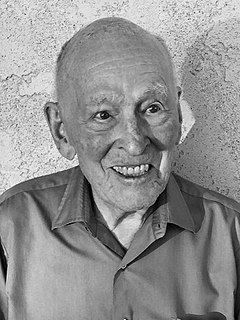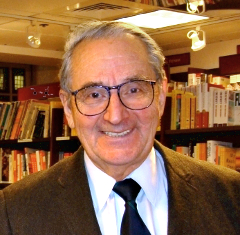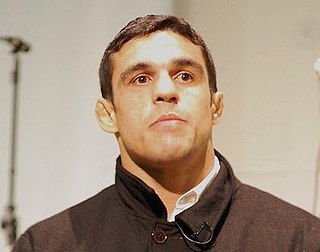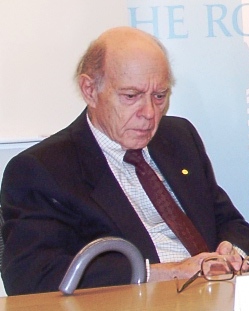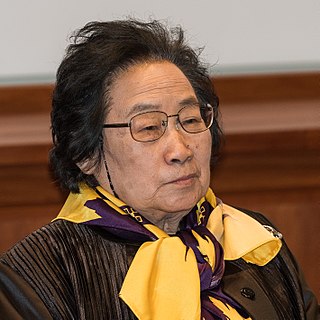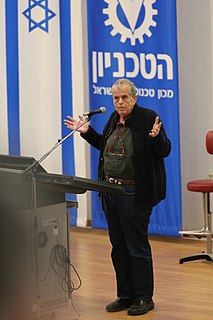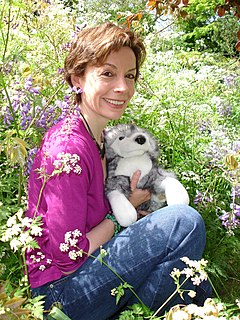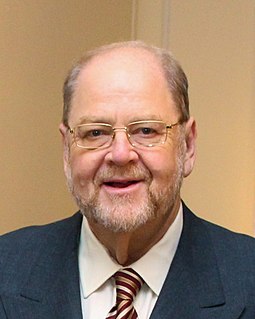A Quote by Paul D. Boyer
The war project at Stanford was essentially completed, and I accepted an offer of an Assistant Professorship at the University of Minnesota, which had a good biochemistry department.
Related Quotes
I believe [the Department of Energy] should be judged not by the money we direct to a particular State or district, company, university or national lab, but by the character of our decisions. The Department of Energy serves the country as a Department of Science, a Department of Innovation, and a Department of Nuclear Security.
